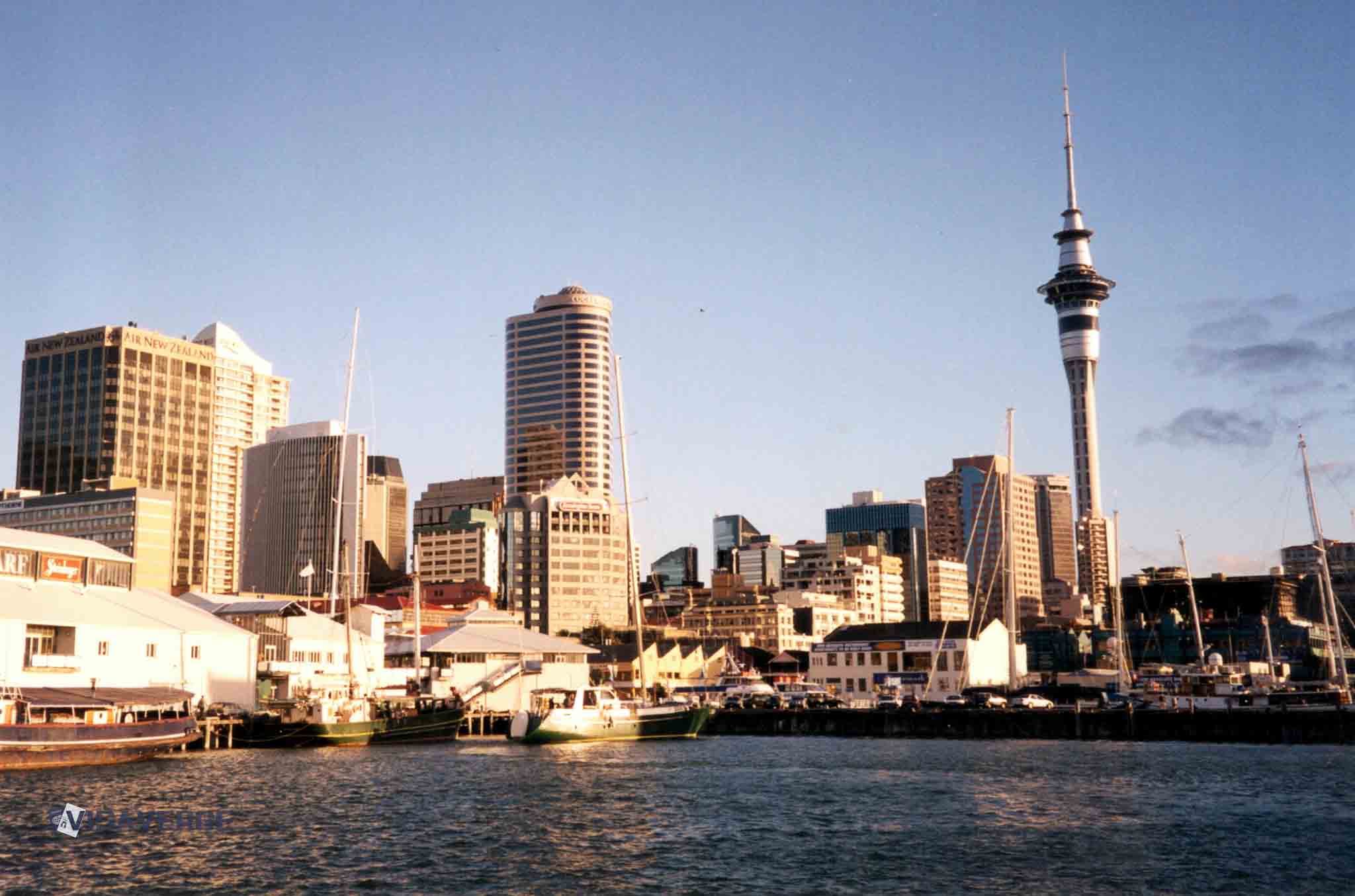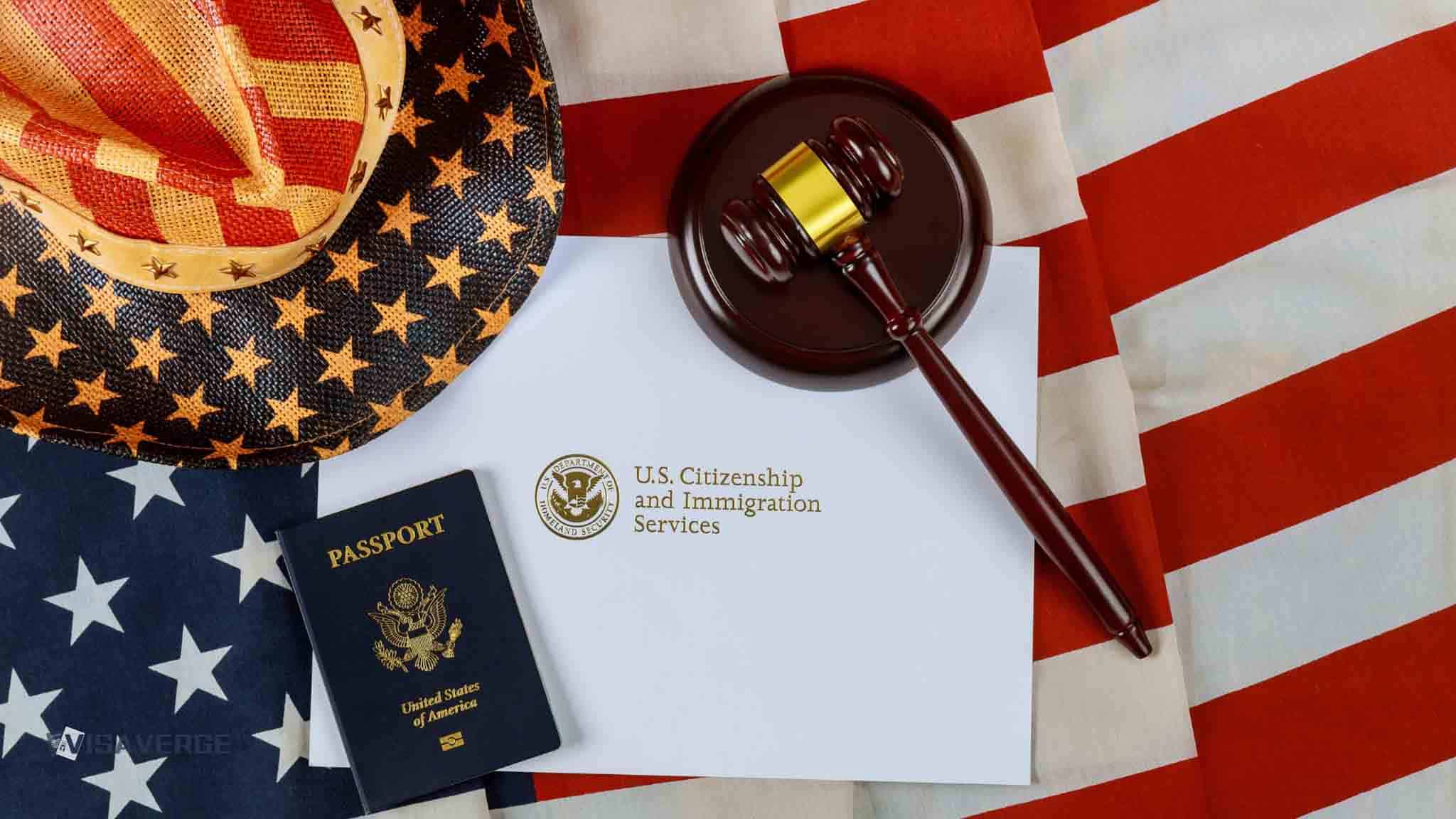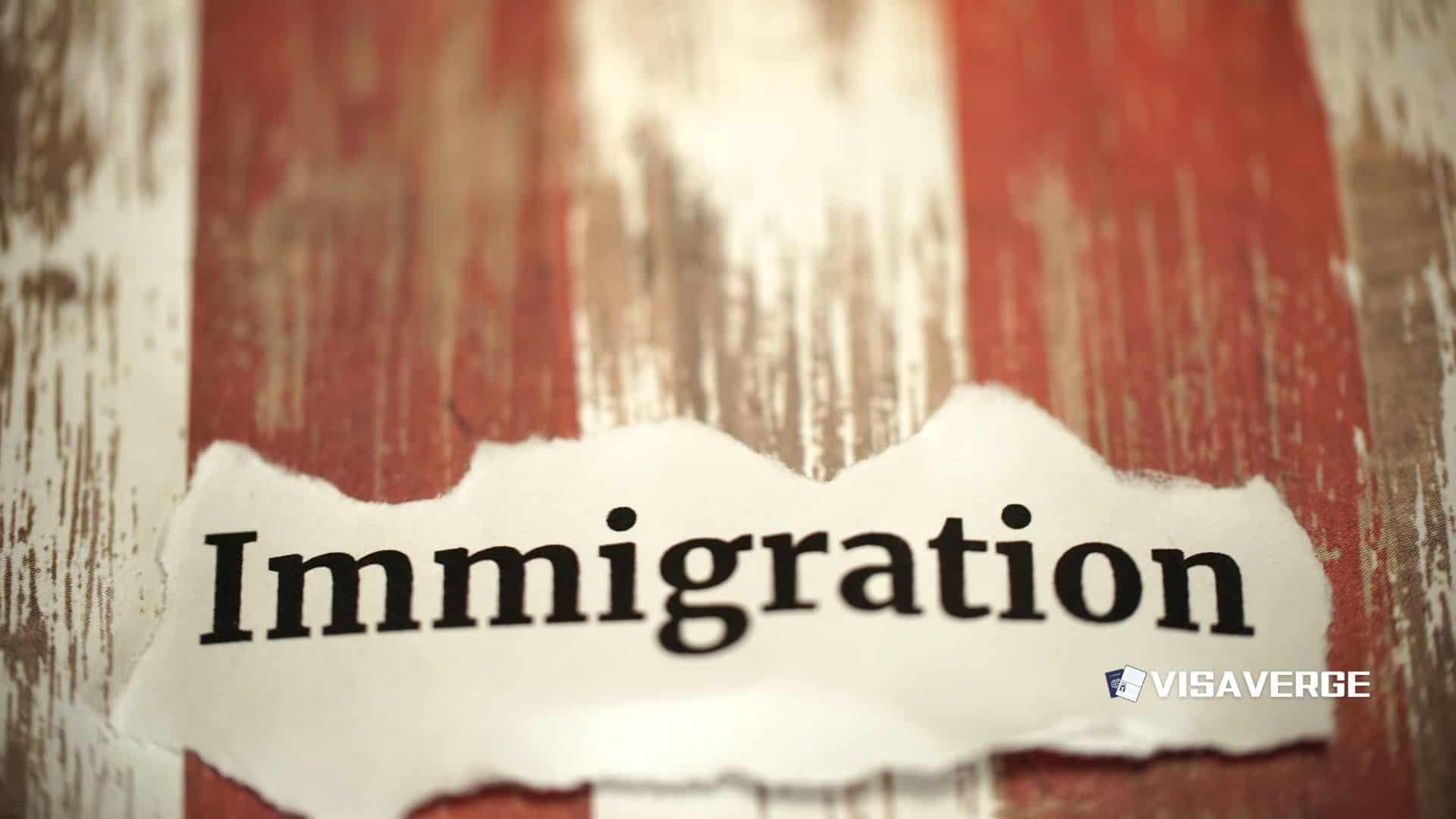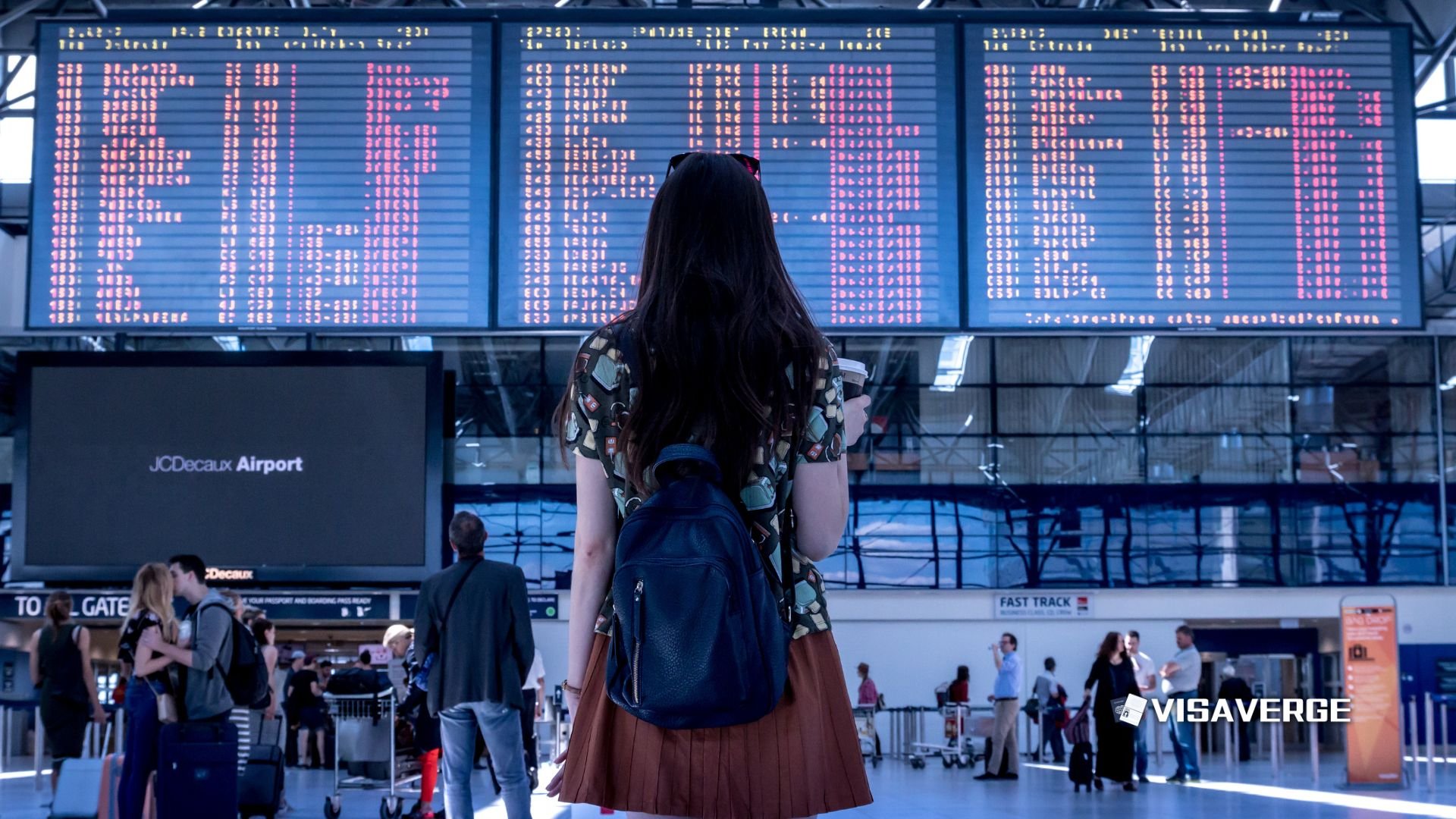France has announced tough new penalties for unruly air passengers, including heavy fines and potential long-term travel bans, after a spike in disruptive behaviour on commercial flights. Under Decree No. 2025-1063, which took effect on 8 November 2025, passengers who refuse to follow crew instructions on flights operated by French-licensed airlines now face fines of up to €10,000 for a first offence and €20,000 for repeat offences, along with flight bans of up to four years in the most severe cases.
Purpose and context of the decree
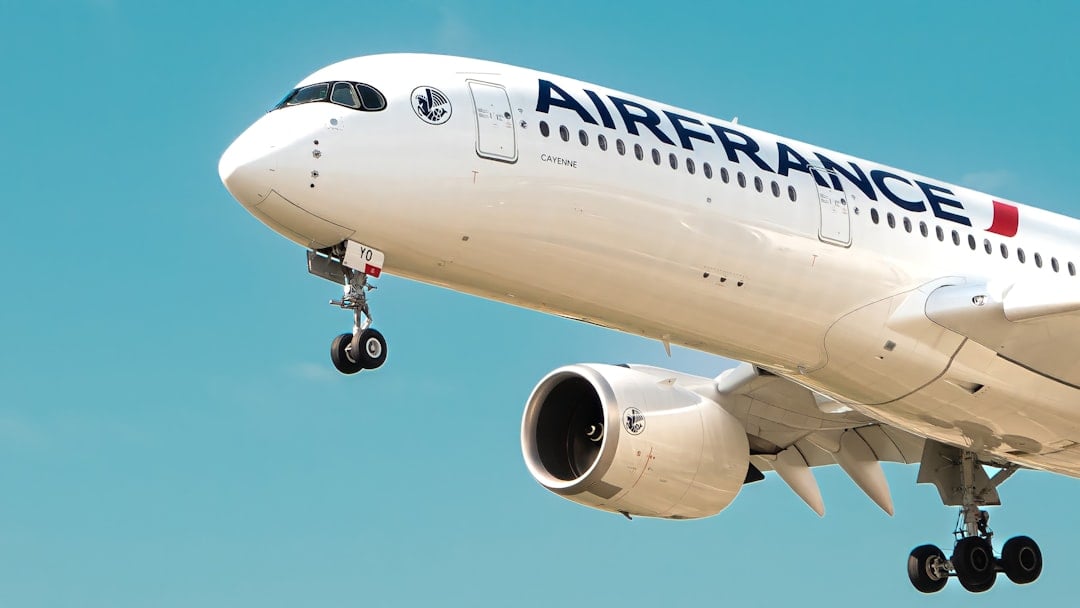
The government says the move is aimed at reinforcing safety in the skies after aviation bodies recorded sharp increases in midair incidents. European agencies have reported between 200 and 500 disruptive cases every month in recent years, while the International Air Transport Association (IATA) said there was one reported incident for every 395 flights in 2024.
Officials argue the new system — combining financial penalties with possible long exclusions from air travel — is needed to send a clear message that misbehaviour on board will carry real consequences.
“Disruptive behaviour will no longer be tolerated,” said Transport Minister Philippe Tabarot, stressing that passenger and crew safety is France’s “absolute priority.”
What the decree covers
The decree targets a wide range of actions that can threaten flight safety, including:
- Using electronic devices when they are forbidden during flight
- Refusing to follow safety instructions from cabin crew
- Blocking staff from doing their jobs
- Other behaviour that interferes with safe operation of flights
While some of these offences might once have been dismissed as minor, French authorities now treat them as direct threats to flight safety.
Penalties and legal framework
Key administrative penalties under Decree No. 2025-1063:
- First offence: up to €10,000 fine
- Repeat offences: up to €20,000 fine
- Administrative flight bans: up to four years for the most severe cases
Important legal points:
- These sanctions are administrative, handled by aviation authorities (not criminal courts).
- Criminal laws still apply in the most serious cases (e.g., physical violence, threats, serious interference).
- In such criminal cases, passengers can face up to five years in prison and a €75,000 criminal fine, on top of any administrative bans or civil damages.
- Officials describe this as a two-track model: quick administrative responses for many behaviours, with criminal penalties reserved for genuinely dangerous acts.
The DGAC database and reporting process
A central element of the reform is a new database run by the French Civil Aviation Authority (DGAC):
- Airlines can report problem passengers directly to the DGAC database without first calling the police.
- Airlines may then decide whether to refuse future bookings from reported individuals.
- The DGAC will:
- Track repeat offenders
- Help determine when administrative penalties, including flight bans of up to four years, should apply
According to analysis by VisaVerge.com, this approach aligns France more closely with measures discussed at European level, but enforces them in a more structured way.
International and immigration implications
The decree applies to anyone on flights operated by French-licensed airlines — nationality or residence is not required. This means:
- Tourists, foreign students, seasonal workers, and business visitors can all be fined or banned.
- A long ban from French carriers could make it harder to reach metropolitan France or overseas territories, affecting people who rely on specific routes for jobs or family ties.
Immigration-related consequences:
- A €20,000 fine could be economically devastating for some.
- More consequentially, a ban could disrupt work travel needed to maintain a residence permit or prevent a foreign worker from returning to a job.
- While the decree does not directly change visa rules, a record of serious misconduct with airlines could be raised in future immigration or asylum interviews when assessing a person’s respect for public order.
Concerns about data, due process and discrimination
Civil liberties groups have raised questions about:
- Retention periods for names in the DGAC database
- Who can access the information
- How passengers can contest reporting or bans
The Transport Ministry says appeals will be possible and that data protection rules will apply, but detailed guidance has not yet been released.
Rights advocates warn:
- Crew accounts may often carry more weight than passenger accounts.
- This can disadvantage migrants who may not speak French well or may fear further trouble if they contest crew statements.
The French Civil Aviation Authority (DGAC) has issued guidance reminding carriers that they must still respect anti-discrimination law when deciding whom to ban:
- Airlines must not target people based on nationality, race, or religion.
- Each decision should be based on concrete behaviour recorded by crew and, when possible, corroborating evidence such as written statements.
Industry and union reaction
- Airline and travel industry groups are watching how quickly carriers apply the new powers and whether courts will back tough penalties when challenged.
- Crew unions have long warned that low-cost ticket prices and packed schedules make it harder to keep order on board.
- Flight attendants for French carriers say they welcome a system that no longer expects them to accept insults or obstruction as “part of the job,” especially on long-haul routes where tensions can rise after hours in the air.
Practical consequences and likely next steps
- If flight bans of up to four years become common, more passengers will likely seek legal advice soon after incidents, especially those dependent on regular travel for work or study.
- Critics argue that education campaigns in several languages should accompany enforcement so foreign passengers clearly understand the risks before boarding.
- Airlines say they are ready to comply and will implement reporting and sanctioning procedures under the new system.
Key facts at a glance
| Item | Detail |
|---|---|
| Decree | Decree No. 2025-1063 |
| Effective date | 8 November 2025 |
| First-offence fine | Up to €10,000 |
| Repeat-offence fine | Up to €20,000 |
| Administrative flight ban | Up to 4 years |
| Criminal penalties (most serious cases) | Up to 5 years imprisonment and €75,000 fine |
| Reporting authority | French Civil Aviation Authority (DGAC) — see: https://www.ecologie.gouv.fr/direction-generale-laviation-civile-dgac |
Key takeaway: France has introduced a structured, administrative system combining hefty fines, centralised reporting, and possible multi-year flight bans to deter disruptive behaviour on flights — while retaining criminal penalties for the most dangerous acts. Civil liberties and immigration implications remain areas of concern as implementation details are released.
France’s Decree No. 2025-1063, effective 8 November 2025, imposes administrative fines up to €10,000 for first offences and €20,000 for repeats, plus possible flight bans up to four years. The DGAC will run a central database where airlines can report passengers without involving police. Criminal charges remain for the most serious incidents. Authorities say the measures boost safety; civil liberties groups raise concerns about data retention, due process and potential discrimination.







